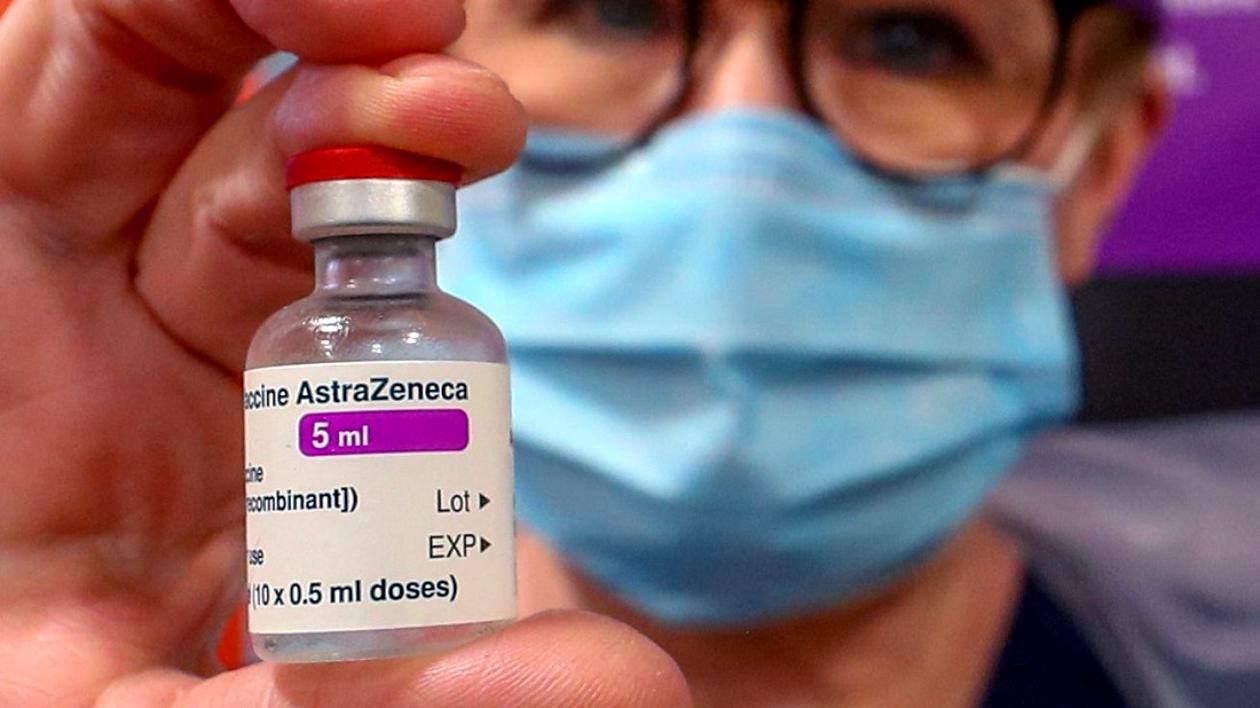
The South Africa government is considering swapping or selling its supply of AstraZeneca Covid-19 vaccine due to its minimal effect on the variant in the country.
According to Health Minister Zweli Mkhize, the country is considering swapping or selling its AstraZeneca Covid-19 vaccine supply after a study suggested that it has "minimal" effect against the South Africa variant.
South Africa currently has one and half million doses of the AstraZeneca vaccine and it plans to switch to the one developed by Johnson & Johnson. There are almost 1.5 million Covid-19 cases in the country, including 47,000 deaths.
Mkhize said: "There are already some countries that are asking that we must sell it to them. Our scientists will continue with further deliberations on the AstraZeneca vaccine used in South Africa and depending on their advice, the vaccine will be swapped before the expiry date."
He also mentioned that he will be meeting with the World Health Organization shortly after.
Halt of rollout
A couple of days ago, health officials in South Africa decided to pause the rollout of the AstraZeneca Covid-19 vaccine due to its lower effectiveness against the variant.
A study revealed that the AstraZeneca Covid-19 vaccine offers less protection from the coronavirus variant first identified in South Africa, prompting health officials to halt the scheduled distribution of the vaccine.
Mkhize announced in a briefing that the AstraZeneca vaccine rollout will be halted temporarily while scientists examine how to effectively deploy it. However, Dr. Mkhize said the deployment of the Pfizer-BioNTech and Johnson & Johnson vaccines will push through.
The study
Early results from the study indicated that two doses of the AstraZeneca vaccine offered only “minimal protection” against mild and moderate Covid-19 from the South Africa variant.
The trial involved around 2,000 volunteers with an average age of 31 years old, with about half given the vaccine while the other half received a placebo.
According to the researchers, they found that viral neutralization against the B.1.351 variant was “substantially reduced” in comparison with the original Covid-19 strain. They have not assessed the vaccine’s efficacy against severe Covid-19, hospitalization and death.
The researchers who conducted the study were from South Africa’s University of Witwatersrand and others, as well as from the University of Oxford. The results have been submitted for peer-review and a preprint will be released soon, according to Oxford.
In response to the announcement, an AstraZeneca spokesperson said the firm is “working closely with the South African Ministry of Health on how best to support the evaluation against severe disease of the B.1.351 variant, and start to bring this vaccine to the South African people should it prove to be successful.”
AstraZeneca believes that its vaccine will still be effective against severe disease from the new B.1.351 variant, particularly when the doses are given at interval of eight to 12 weeks.
The World Health Organization’s (WHO) technical lead for Covid-19 Maria Van Kerkhove said that the WHO’s independent vaccine panel will hold a meeting to discuss the AstraZeneca vaccine and how the new study impacts vaccines going forward.
Van Kerkhove mentioned that “some preliminary studies suggesting reduced efficacy. But again, those studies aren’t fully published yet” and added that it’s crucial to have more than one safe and effective vaccine: “We cannot rely on only one product.”






